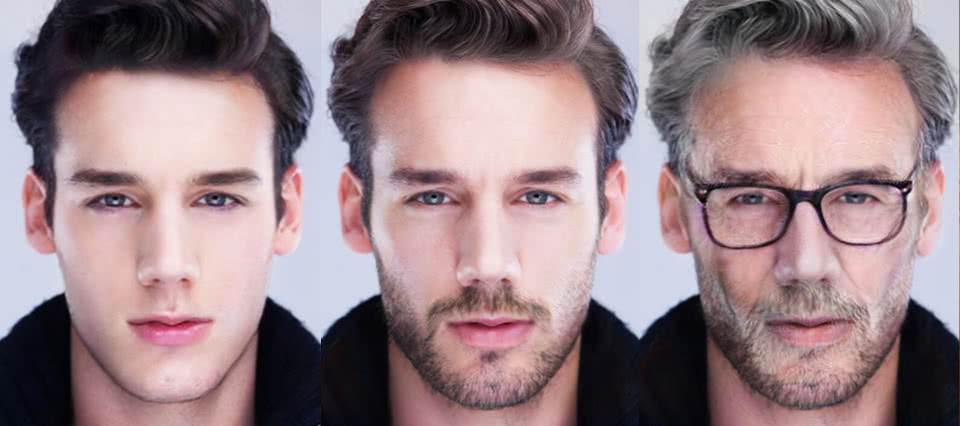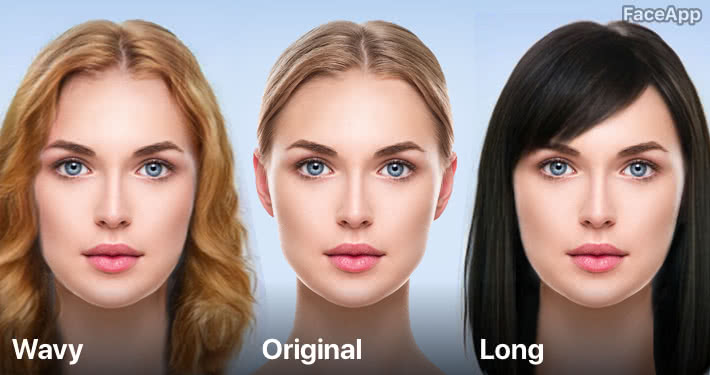Trending realistic AI photo editor FaceApp that allows users to modify their selfies transforming it into different versions of themselves has drawn growing concerns regarding the photo privacy of its users.


The IOS app which first surfaced 2 years ago out of Russia gained popularity online due to its ability to change selfies by superimposing smiles, making faces look younger or showing what one might look like if they were born a different gender altogether.
In the last few hours, the #FaceApp challenge has been trending on Twitter. People are using the filters to see what they could look like if they were older or younger. Below is a picture by Twitter user @is_zarah taking part in the #FaceApp challenge.
However, with this new wave of exposure, concerns have been drawn to a clause in FaceApp’s Privacy Policy that allows the platform use photos and data for commercial purposes. A few have taken to Twitter to express misgivings about this development. Some of the reactions highlight the possible loopholes that their policies allow.
Scott, a tech and business reporter for NBC news also shared his views on the development.
Reviewing the possibilities and facts show that, FaceApp does not allow users to apply local edits like most photo editors. Pictures that are modified are first uploaded unto company servers before the neural network filters are applied to create the change.
The underlying concern is the point that FaceApp doesn’t alert their users to the fact that their pictures are actually being uploaded and processed in the cloud. And it remains unclear if all photos uploaded onto their servers are retained. A key line in their privacy policy states:
You grant FaceApp a perpetual, irrevocable, nonexclusive, royalty-free, worldwide, fully-paid, transferable sub-licensable license to use, reproduce, modify, adapt, publish, translate, create derivative works from, distribute, publicly perform and display your User Content and any name, username or likeness provided in connection with your User Content in all media formats and channels now known or later developed, without compensation to you. When you post or otherwise share User Content on or through our Services, you understand that your User Content and any associated information (such as your location or profile photo) will be visible to the public.
Extract from FaceApp Privacy Policy.
As is, FaceApp’s policy gives the company a lot of room to play fast and loose with users’ privacy. This presents a dilemma for Apple users who pride themselves on user intent as setting your gallery option to deny access to FaceApp doesn’t work.


With the growing exploits of technology, the importance of privacy can not be overemphasised. A simple phone screenshot can serve as a major security risk as optical character recognition can piece our sensitive information that will cause significant damage. It is more than just pictures of people.






